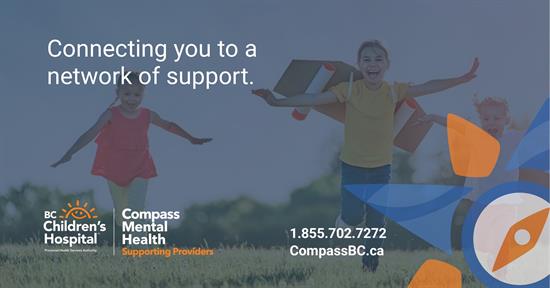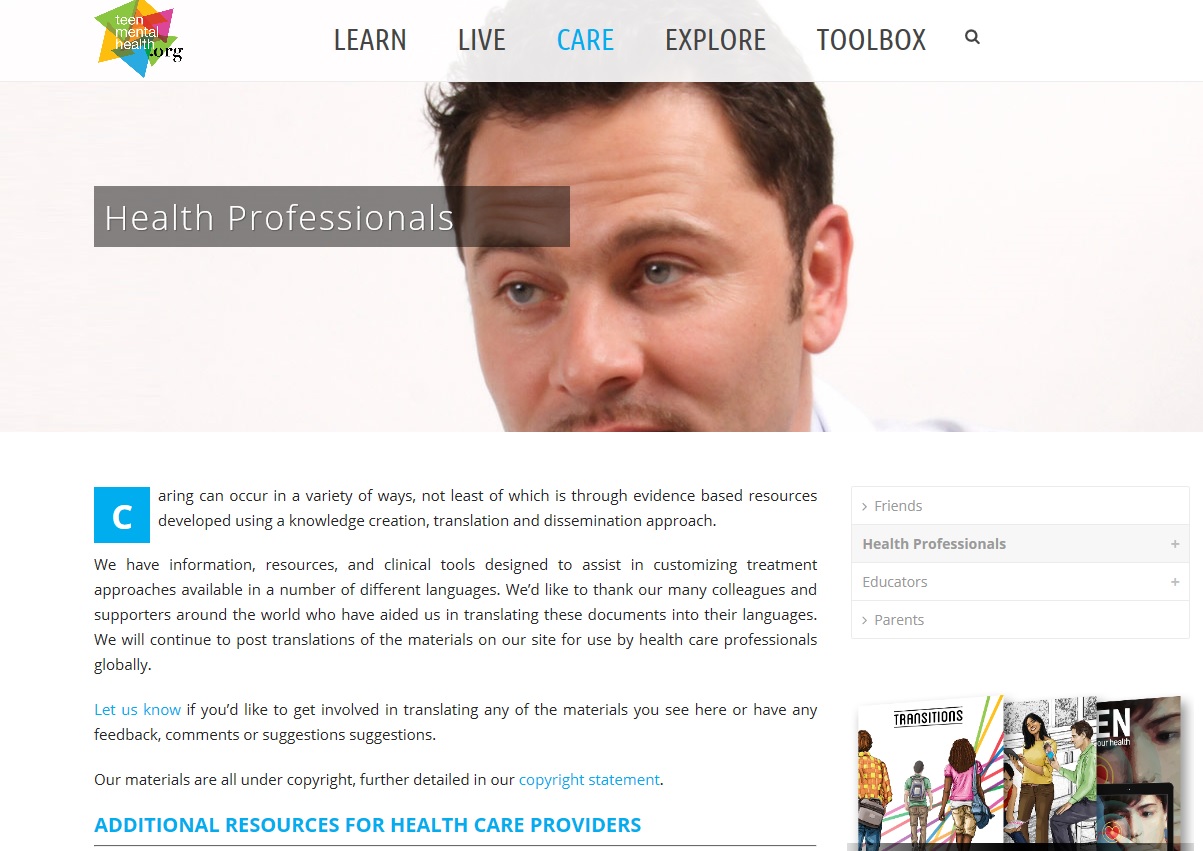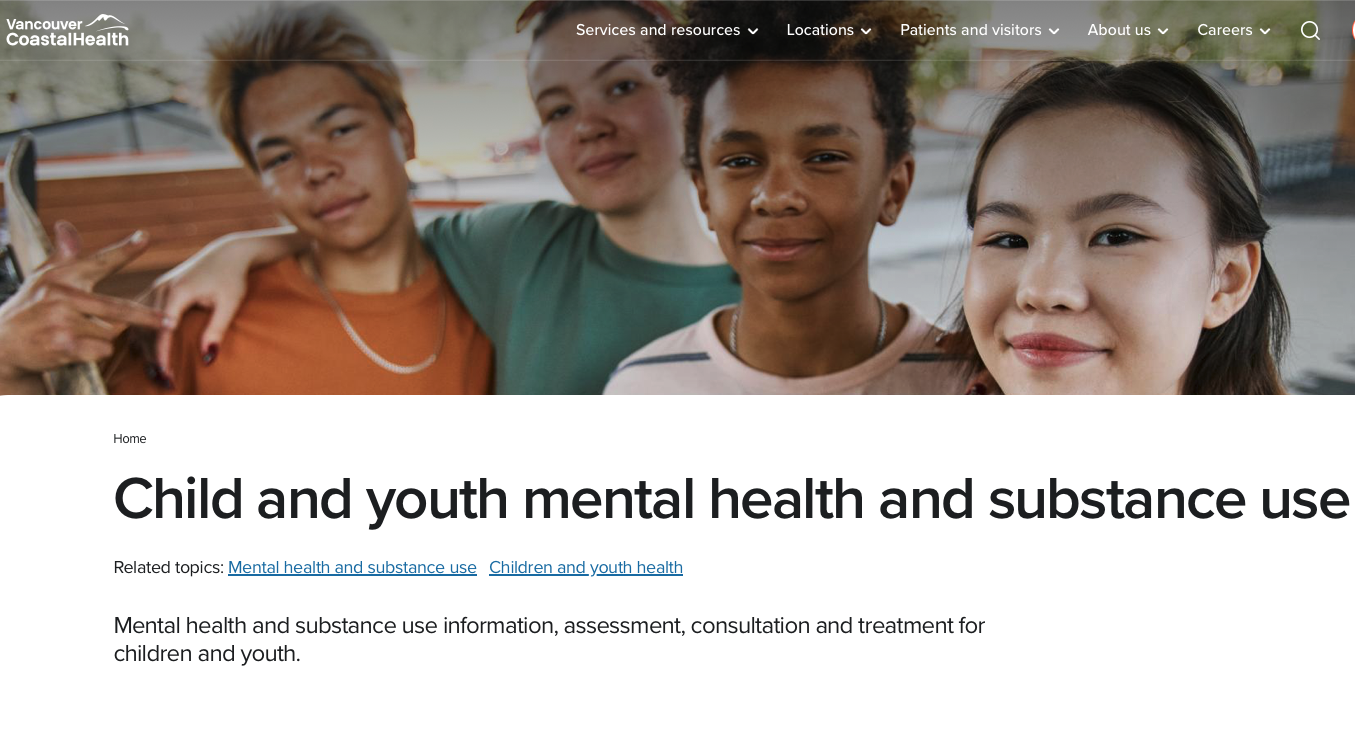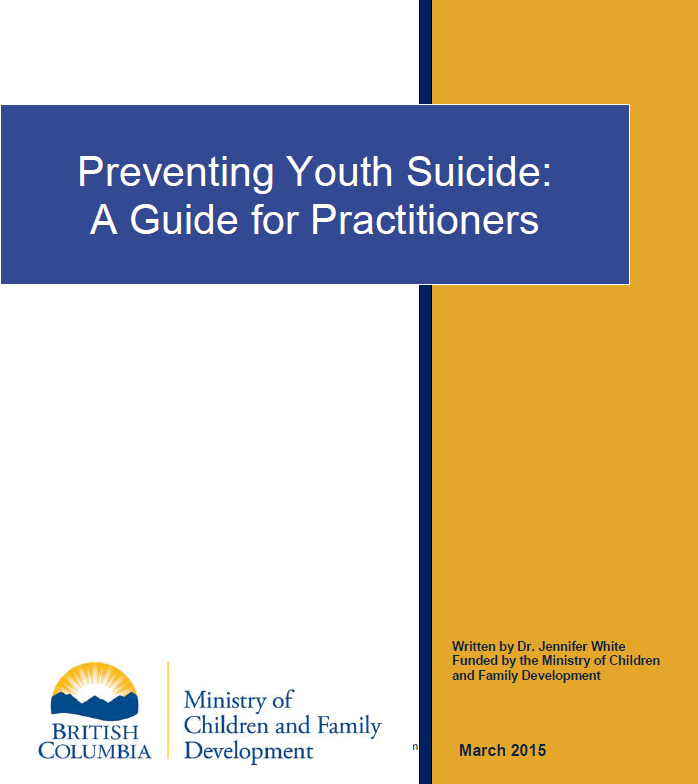The Mental Health Commission of Canada’s Mental Health Strategy includes as a priority the expansion of the role of primary health care in meeting mental health needs. The Commission notes that there are important reasons to provide mental health care in primary health care settings and that people are more likely to consult their family physician about a mental health problem than any other provider.
Doctors of BC is supportive of the Mental Health Commission of Canada’s strategic direction, and would note that the majority of mental illnesses in young people can be diagnosed and effectively treated in primary care.
As noted in Doctors of BC’s policy paper, Reaching Out: Supporting Youth Mental Health in British Columbia, not all doctors have the same level of expertise in dealing with youth mental health problems and illnesses. However, all doctors are trained to ask the appropriate questions, recognize warning signs and symptoms, and make referrals to appropriate mental health specialists where necessary.
Doctors of BC has made a number of commitments in its policy paper, including commitments to:
- Raise awareness of the role that physicians can play, alongside other health care providers, in addressing mental health concerns,
- Encourage physicians to initiate conversations about mental health with their youth patients, and
- Encourage physicians to undertake continuing medical education related to youth mental health, such as the Practice Support Program’s Child and Youth Mental Health module, where relevant to their practice.
Doctors of BC has compiled information and resources below that will be useful to doctors who see youth patients. Doctors should also refer to the ‘youth’ and ‘family’ sections of this website to familiarise themselves with resources that could be recommended to youth patients and their families.
One of the recommendations in the Doctors of BC policy paper is that physicians, families, and schools encourage transition age youth in BC to use available mental health tools and resources to take stock of their mental health.
